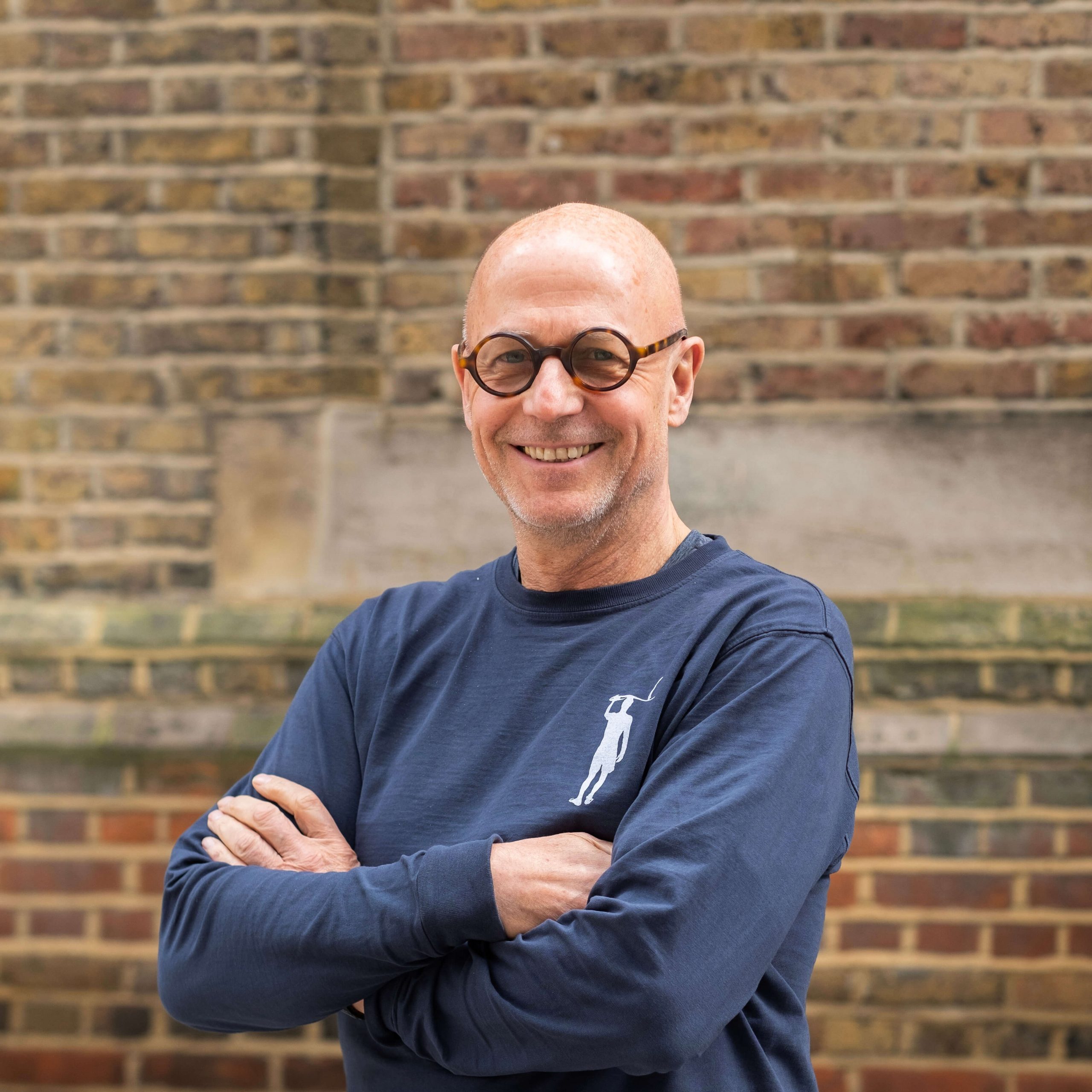I’ve had a relatively unconventional career path. I decided to join the navy after school and specialise in submarines, which I enjoyed. After qualifying for the submarine command course, I decided to leave around the age of 29. I then went off and completed my degree level education by doing an MBA.
I kicked off my business career working for Vodafone, when it was just beginning its journey into the world of cellular, and in particular GSM digital mobile phones. I spent about 6 years there doing a range of different things, including managing a bid for the UK National Lottery and starting [Vodafone] up in Germany.
I then transferred over to Granada, who I got to know through our Lottery bid. However, I started getting frustrated with the corporate world and the feeling that there was not enough scope to be able to do something exciting on a personal level, so I started looking for a young startup that I could join and I found this fledgling business called PayPoint, a payment service provider. I showed up at a very critical time, stepped up as CEO, and basically took PayPoint from a startup, to being a listed company, through to getting into the FTSE 250.
After 21 years with PayPoint, I left in April 2019, ready for something new that could take me out of the “everydayness of work.” I turned once again to startups, looking to work with bright young people who have great ideas and to help them execute their visions.
And that’s how I first got involved with iov42.
I was really inspired by iov42’s vision to rebuild the internet with this identity-centric, DLT trust platform in a way that could completely disrupt the monopolistic corporations that were dominating the space at the time.
And as I saw iov42 approaching the transition from building the platform to needing to sell and really start executing, I thought I could help guide this process and make the pathway into the market more established.
Throughout my career, I’ve had to overcome different pressure points when it comes to execution, whether it’s about delivering projects or thinking through strategy clearly; I was keen to bring this problem solving experience to iov42, get execution going, and help keep our amazing team motivated at a critical stage in our development.
When I initially heard about iov42, I found the idea of creating a novel operating platform that overcame the constraints of early blockchain applications very bold and daring.
The truth is, there wasn’t really a single platform that was able to support a wide range of applications for businesses and governments until we built the iov42 platform–that is what I find so exciting about iov42.
To read more about Dominic’s journey to and before iov42, check out this article in Business Leader.

